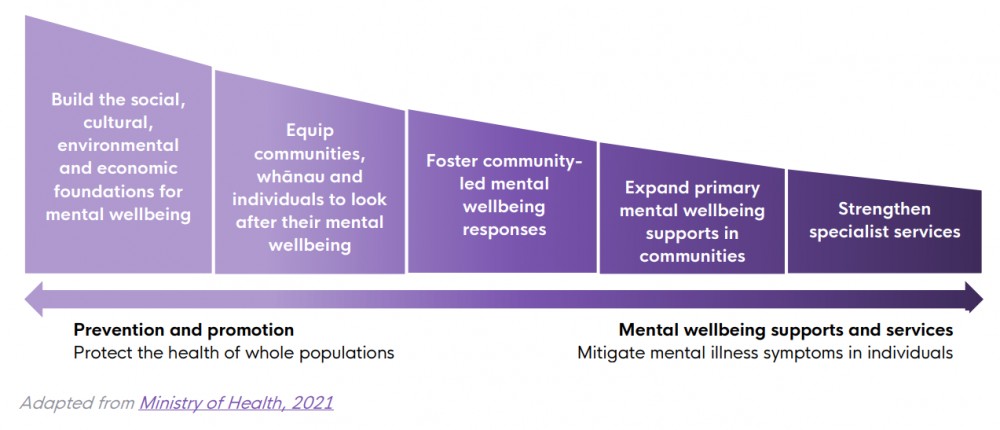We all know Aotearoa New Zealand’s mental health system is under immense strain and pressure.
Despite high and growing mental health need, New Zealanders often can’t access timely and appropriate mental health care. Many mental health workers are under-resourced and over-worked, with many desperately trying to provide quality care in a system that often doesn’t support them to.
Despite these issues, Aotearoa doesn’t have an actionable strategy to address them. The Mental Health Foundation has called for a plan to address the mental health system’s woes repeatedly, for at least the last five years.
